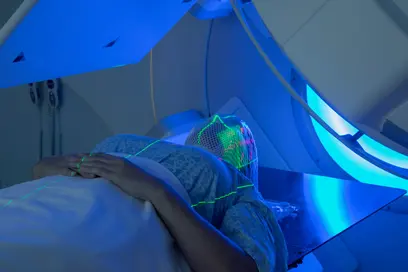With its ERC Starting Grants, the European Research Council (ERC) supports talented young scientists. The funding of 1.5 million euros for up to five years is intended to help them set up their own working group at a recognized research institution in the EU. The ERC Starting Grants are awarded in a highly competitive process.
During all development and differentiation processes, cells must ensure that the right genes are always transcribed at the right time. The activity of the genes is controlled by genetic regions that are located some distance away on the chromosomes and are known as regulatory elements or enhancers. An enhancer contains a whole series of binding sites for various transcription factors, which in combination decide whether a particular gene can be read. According to current knowledge, the enhancers come into physical contact with the start site for reading a gene, the so-called promoter, presumably by looping the DNA strand.
However, although these processes are elementary for the organism, surprisingly little is known about the exact function of the enhancers. This is where Angelika Feldmann's research, which is now being funded by the ERC, comes in. A lot can go wrong in this highly complex process - with dramatic consequences for the organism: errors in the correct activation of genes can lead to developmental disorders or cancer.
Angelika Feldmann wants to find out how enhancers “know“ which genes they need to activate. What exactly happens at the enhancer when it activates a gene and do these processes differ between the various enhancers in a cell? Is physical contact between enhancer and promoter really necessary? If so, when exactly does it have to take place? Feldmann assumes that the precise timing of the contact between enhancer and promoter is crucial in order to start transcription correctly. Ultimately, the scientist wants to find out how the influences of different enhancers on one and the same gene interact and what role the exact timing plays in this.
Angelika Feldmann studied Molecular Medicine at the University of Freiburg. She conducted her doctoral studies at the Friedrich Miescher Institute in Basel from 2009 to 2014 and moved to the University of Oxford as a postdoc in 2014. Since the end of 2021, Angelika Feldmann has been heading the junior research group “Mechanisms of Genome Control“ at the DKFZ.



